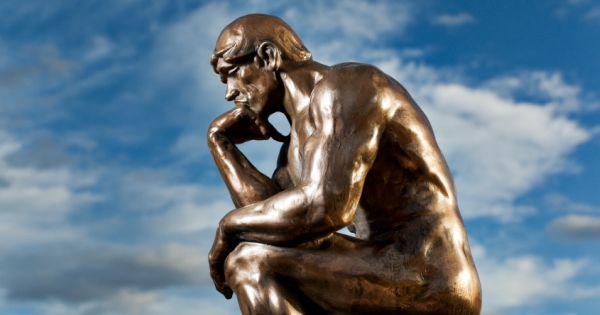what would a wise person do?

What comes to mind when I ask you to envisage a wise person? Do you summon an image of a gnarled but kindly old man with a long grey beard who looks a bit like you imagine Merlin would? (before the TV series, of course!)
Wisdom is often associated with age and experience. In fact, the dictionary definition defines wisdom as “experience and knowledge together with the power of applying them practically”. This makes it sound like any person with expertise in one area or another could be wise – an engineer or a doctor, for example.
Out of the mouths of babes
However, I’m sure we’d all agree that being an expert who applies your knowledge and experience doesn’t alone make you wise. In fact, children are well-known for coming out with words of wisdom.
A friend of mine was teaching her 4 year-old, Lucy, to ride her bike. On her first solo “flight”, Lucy crashed to the ground and my friend was ready for tears. Yet her daughter looked up at her with a big grin and said, “Well, that was good! Now I know how to fall!”
Because children are experiencing things for the first time, they are often having profound insights about that experience.
So what does it mean to be “wise” and how can it be useful?
The wisdom within
Last week, I attended the first session of a Practical Philosophy course. This isn’t about the academic study of Plato’s Republic, but an exploration of how to master the art of living. Interestingly, the word “philosophy” translates as the love of wisdom and the title of the first session was “the wisdom within”.
One of the first questions we were asked to consider was : what are the characteristics of a wise person? Words offered were “calm”, “self-assured”, “confident”, “grounded”, “considered”. We regard wise people as having perspective, the ability to step away from the fray, to see the bigger picture and offer insight from that place.
In fact, the word “philosophical” means having or showing a calm attitude towards disappointments or difficulties.
What would a wise person do?
This is a question we were asked to bring to mind we experience everyday situations. You can try it right now :
- Think of an issue or problem or situation you are currently facing. It could be very small or very big. Ask yourself, “What would a wise person do here?” and take a moment to see what comes up.
What happened when you asked yourself that question? What insights arose? How did it make you feel? Where did the wisdom come from? Why was it accessible?
For example, when I ask myself that question in relation to a situation I’m facing, I have an almost immediate feeling of spaciousness, both in terms of feeling physically “expansive” and feeling a sense of distance from the situation. This gives me a broader perspective, the situation doesn’t seem as pressing and I seem to have more resources to make a considered decision.
What difference could wisdom make to you as a leader?
So this exercise implies that we all have access to wisdom whenever we want or need it. I wonder what difference it would make if we were acting from a place of wisdom more often? And what difference could it make to the decisions we make?
Acting from a place of wisdom might mean :
- taking time out before making an important decision
- allowing a situation to take its course rather than intervening
- seeking to understand rather than being understood.
How could accessing your wisdom more often make a difference for you and those you lead, work and live with?
Related posts :
what will people say about YOU?
5 inspiring and thought provoking reads
Alison Reid is an executive and leadership coach who helps senior managers and directors lead with confidence and stay calm under pressure. She's the author of Unleash Your Leadership : How to Worry Less and Achieve More. Download an extract or buy the book.
Sign up to her mailing list to receive blogs like these direct to your inbox.
